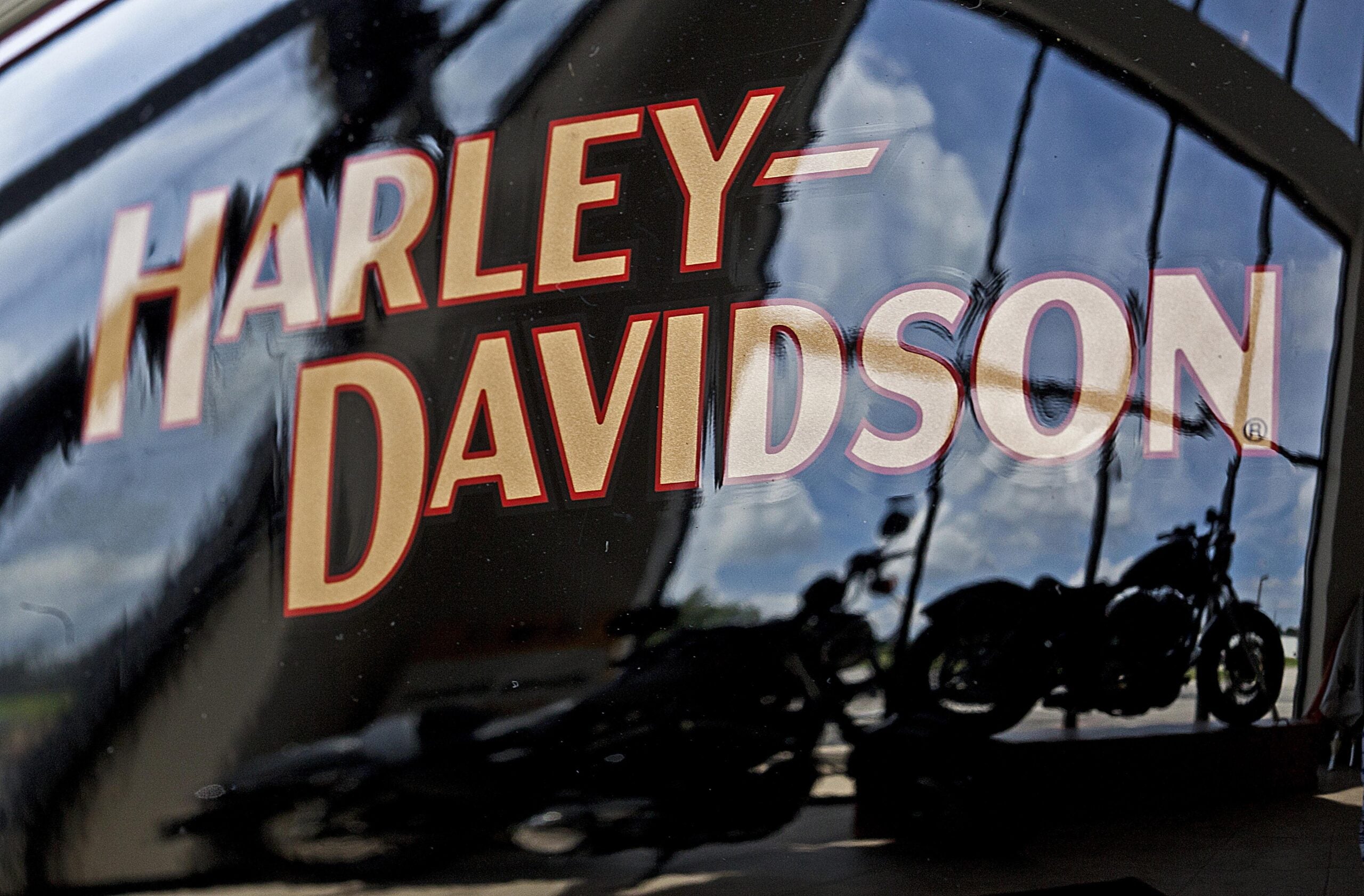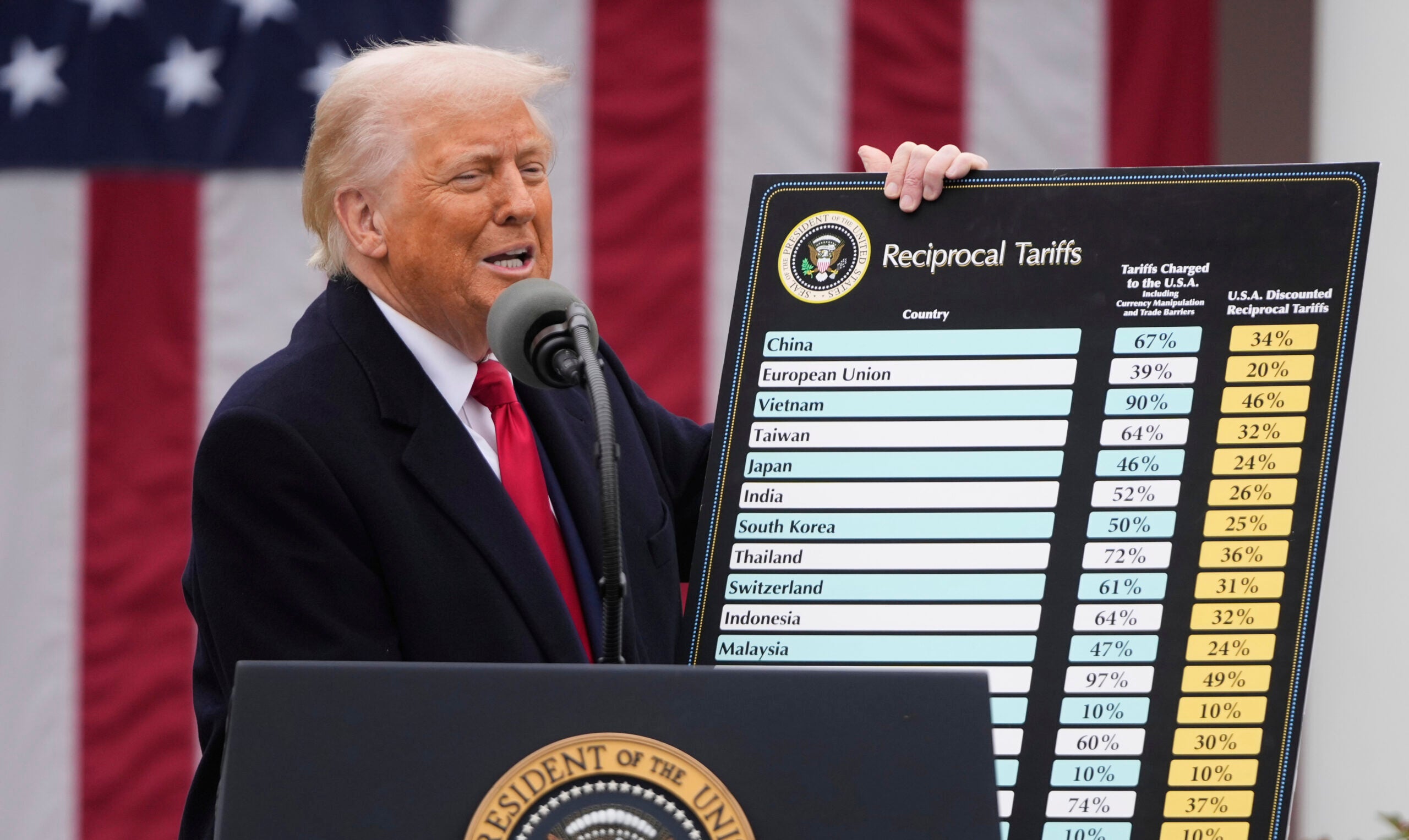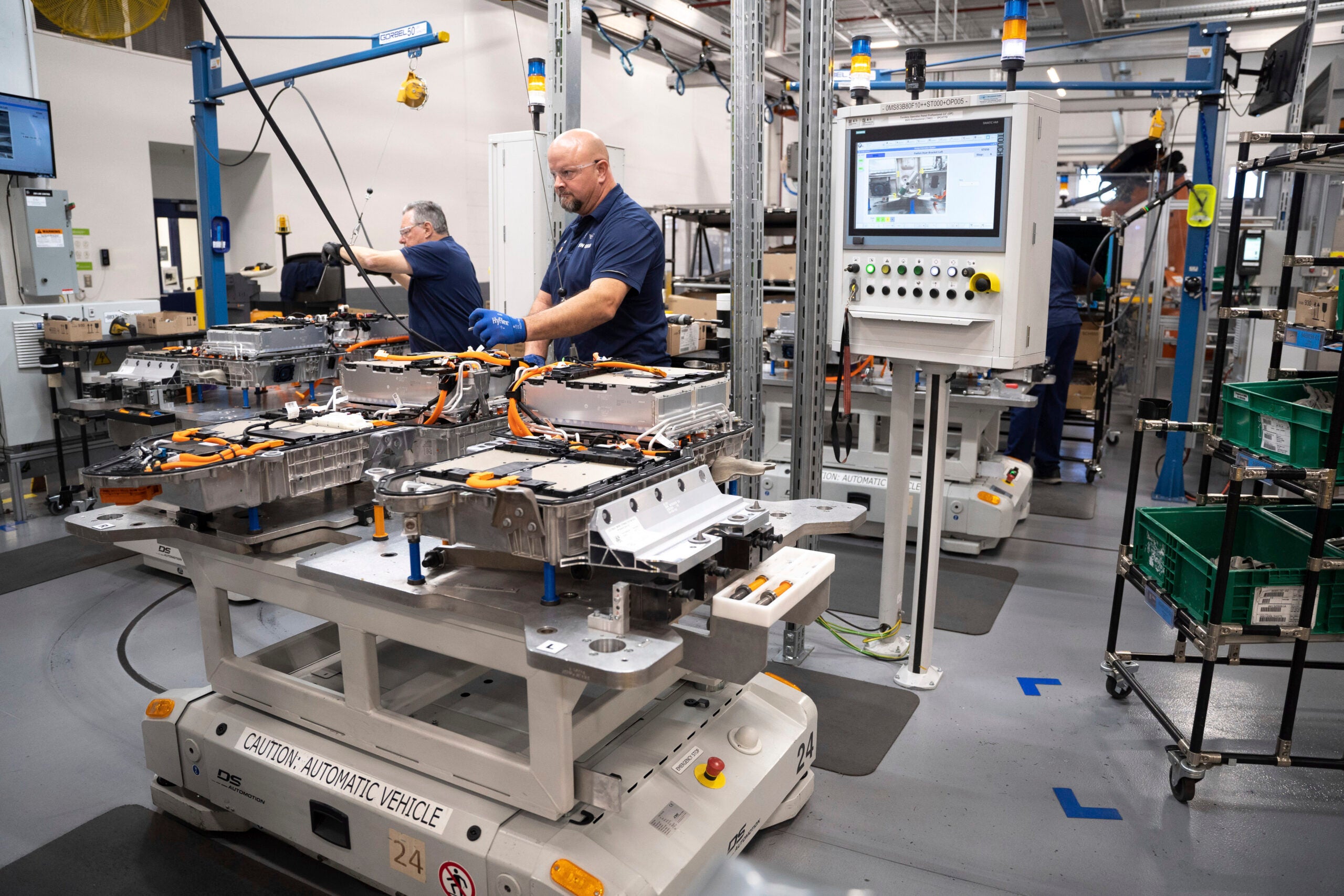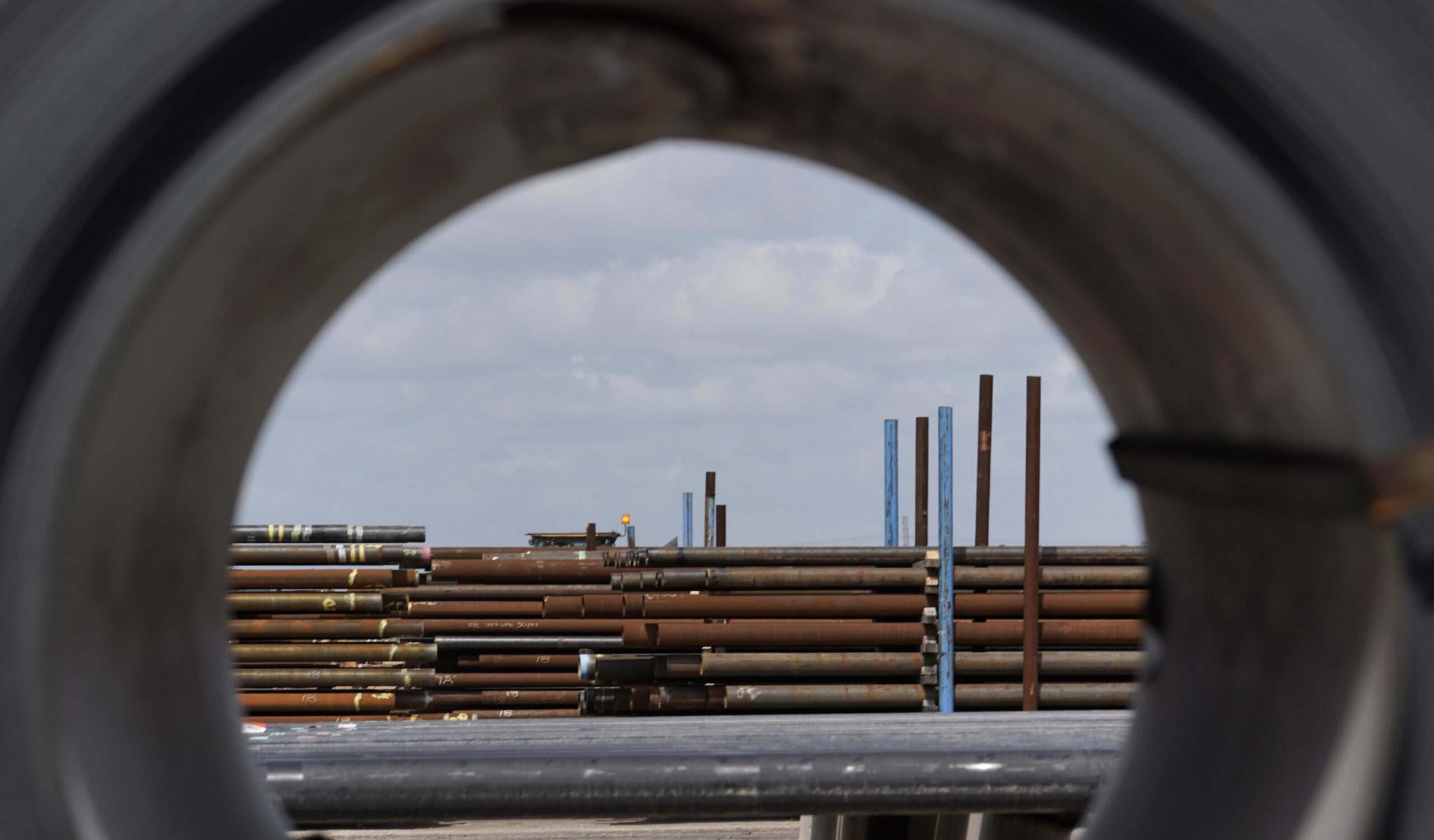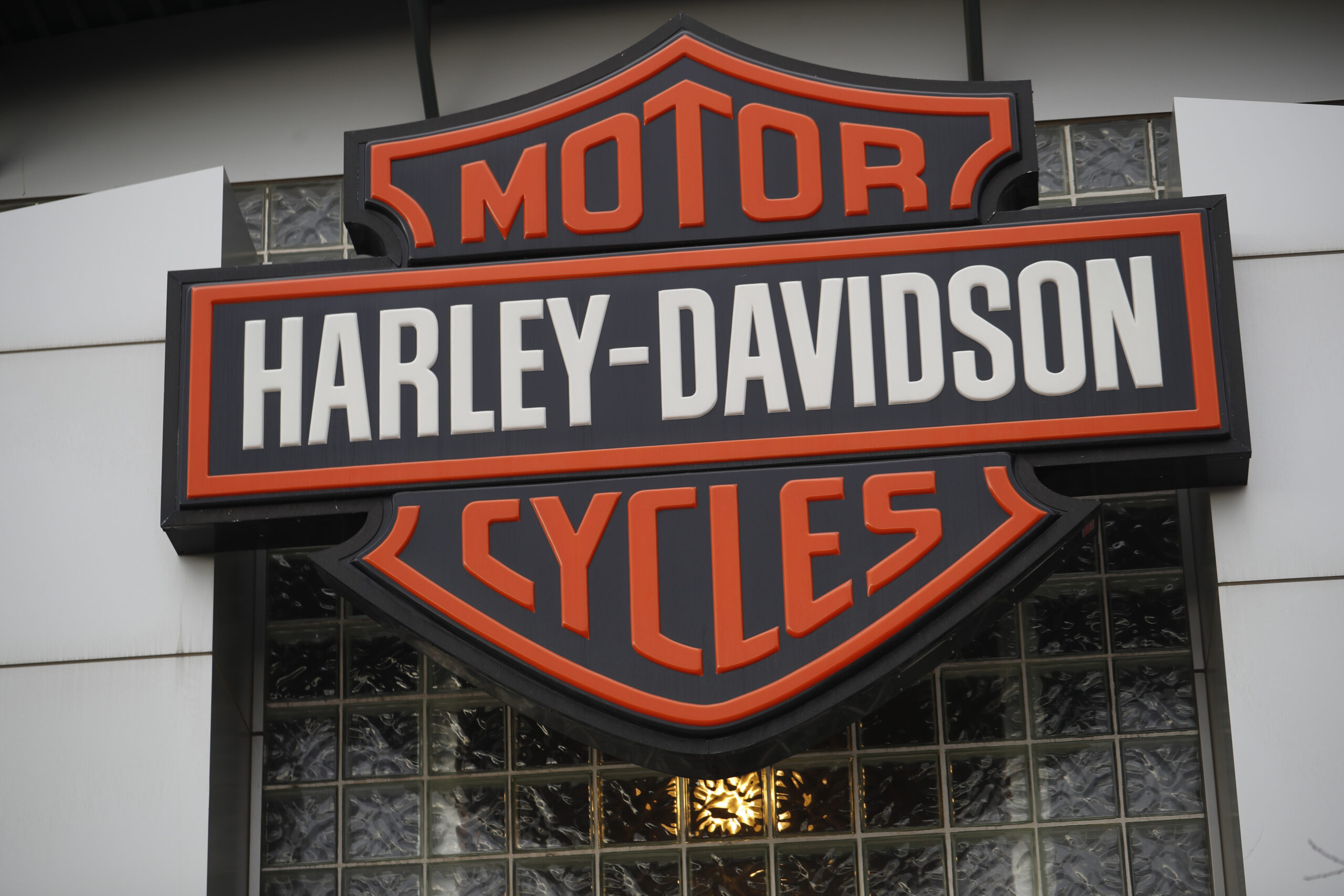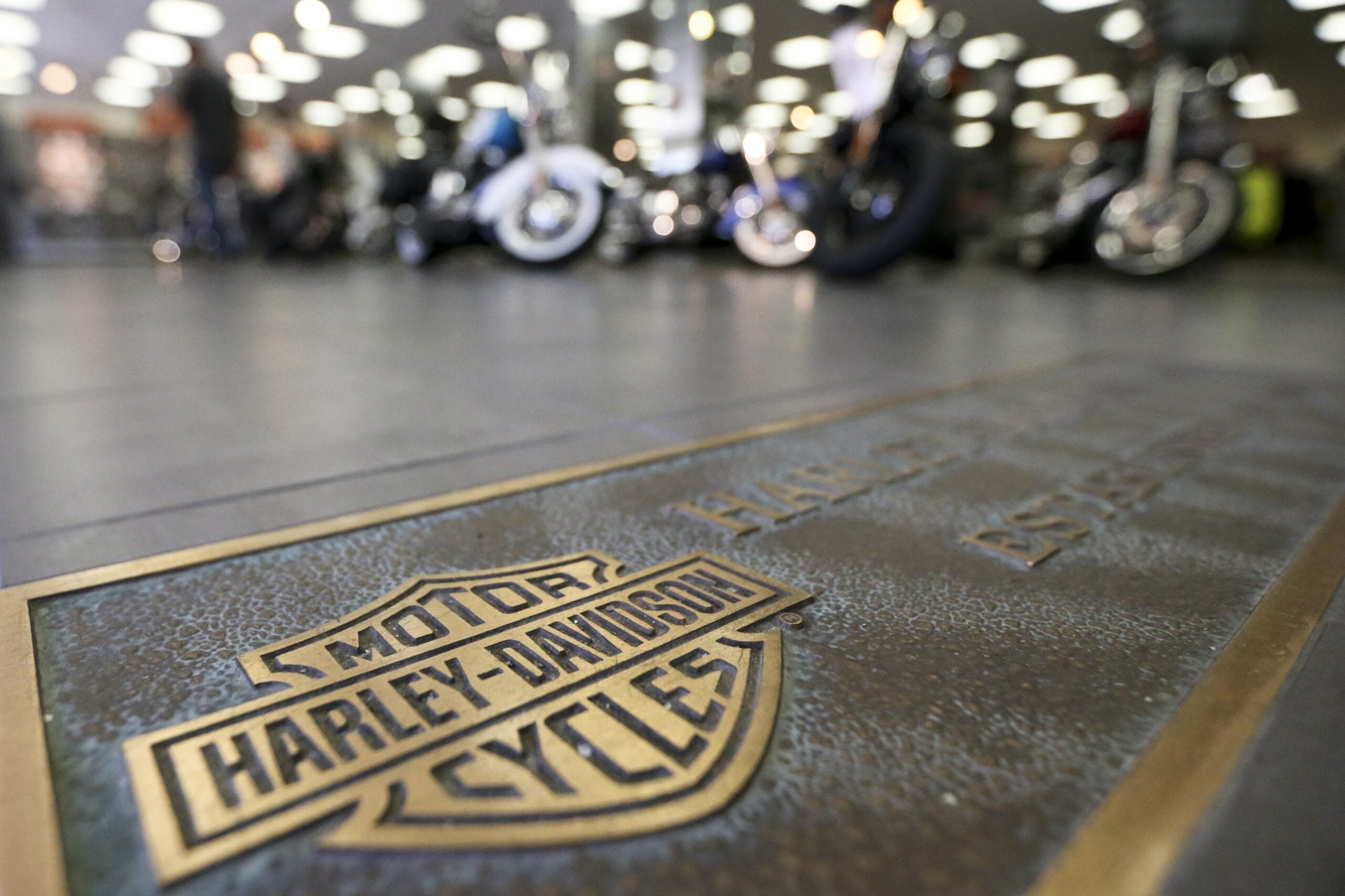Harley-Davidson Inc. reported disappointing earnings numbers Tuesday for the fourth quarter of 2018.
The Milwaukee-based motorcycle company cited restructuring costs and tariffs for the paltry 17 cents per share profits. That figure was below analysts’ estimates of 29 cents.
In a conference call with investors and the media, Matt Levatich, the company’s CEO and president, touted a program called “More Roads to Harley Davidson,” which he called a strategy to build the next generation of Harley-Davidson riders.
Stay informed on the latest news
Sign up for WPR’s email newsletter.
“In 2018, we met or exceeded all stated planned milestones,” he said.
Harley-Davidson shares have outperformed the S&P 500’s gains, and the company’s stock closed Tuesday at $34.76, down $1.85.
Kevin Spellman, a professor at the David O. Nicholas School of Investments at the University of Wisconsin-Milwaukee, said Harley-Davidson was hurt by tariffs on steel and aluminum imposed by the Trump administration. He said the company has also faced changing consumer preferences in terms of large motorcycles that are cost prohibitive to younger riders, some temporary costs associated with recalls and a plant closure in Kansas.
Still, Spellman said the company is looking to reach out to young riders and those overseas, especially in Asia.
“They are expanding quite a bit,” Spellman said. “Internationally, right now, is only 30 percent of their sales. But that is where some of their growth is coming from.”
Levatich said during the call he believes they’re reaching new sectors of the public.
“Our execution is on track and we’re energized that we’re getting new and different people, riders and non-riders, to stand up and take notice of Harley-Davidson,” he said.
To that end, Harley-Davidson is turning attention to new products, like the electric motorcycle called LiveWire, which has a starting price of $29,799. The company is also working on electric scooters and bicycles.
David Bieberitz, a business school major at the UW-Milwaukee who has written a thesis on Harley-Davidson, said he feels the LiveWire bike is a good idea, but that it may be cost prohibitive to the company’s target market of young riders.
“In terms of motorcycles, it is very expensive,” Bieberitz said, noting it’s more expensive than many cars on the market.
“So that is the part of the LiveWire that I think can really negatively affect Harley-Davidson’s growth,” he said.
The company employs approximately 2,000 workers in its plants in Menominee Falls and Tomahawk.
Wisconsin Public Radio, © Copyright 2025, Board of Regents of the University of Wisconsin System and Wisconsin Educational Communications Board.
